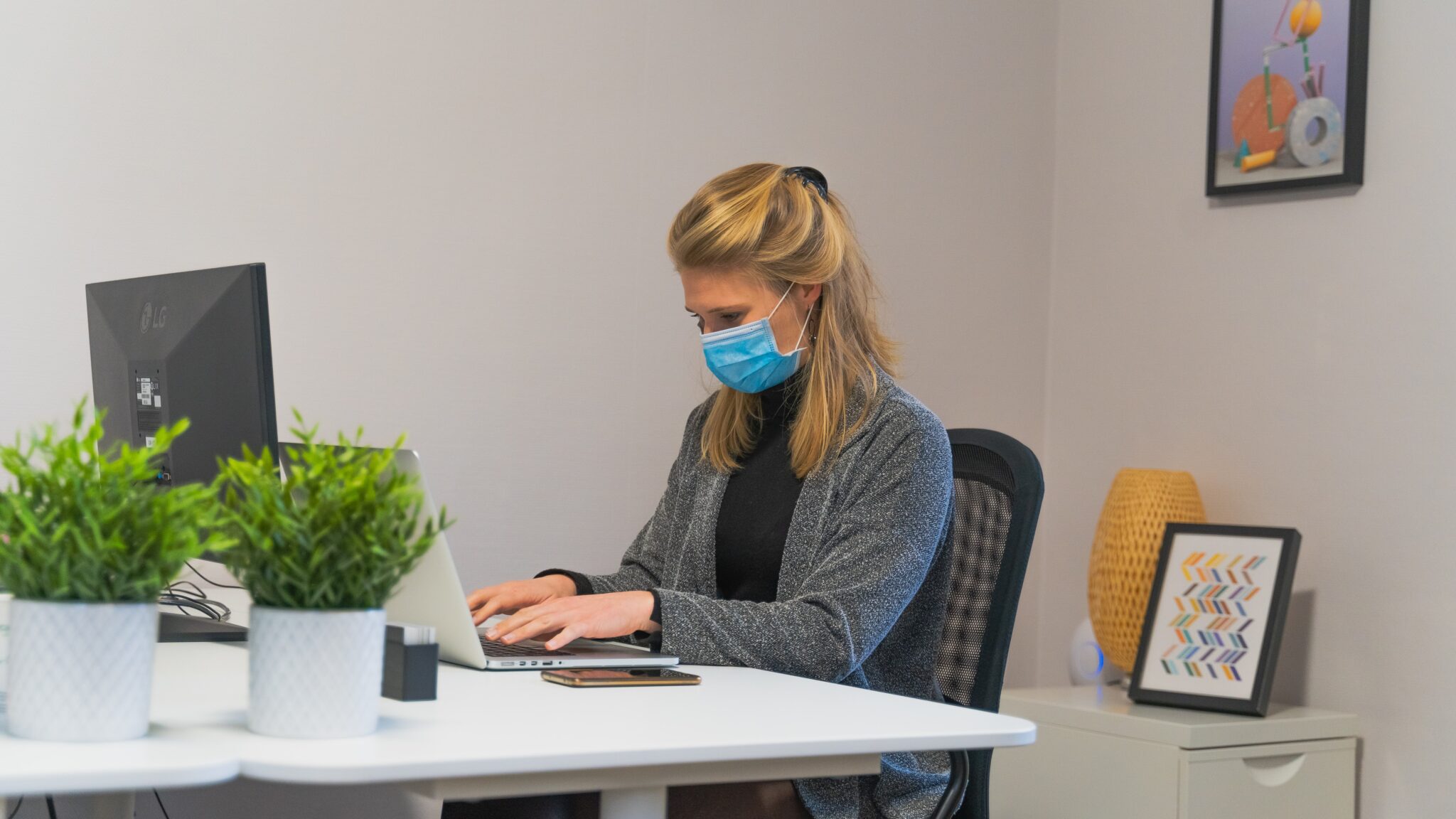Are Your Leaders Ready for What’s Next?
by Ellie Eckhoff, SVP & Laura Poisson, President
COVID has impacted the world of work in ways that will be long-lasting. More will be required from our leaders to assimilate to changes, retain talent, and maximize performance.
Here are 5 questions to consider about your leadership team:

- How prepared are they to communicate, model and support your organization’s expectations/guidelines/policies around return to office/facilities?
- How committed are they to engaging in personal conversations with employees to better understand how they are doing and what matters to them in their work and life?
- How aware are they that their experiences may be wildly different than their employees’ and that high levels of productivity can mask employee exhaustion and well-being?
- How confident are they in their ability to create inclusive environments to attract and retain key talent, when approximately 40% of the global workforce is considering leaving their position?
- How well do they model the resilience and optimism necessary to inspire people to act?
Here are 5 things great leaders need to be able to do:
- Balance Flexibility with Clarity. Access to talent has never been greater and workplace flexibility is here to stay. Employees have dramatically changed their opinions/decisions on when, where, and how they want to work. Great leaders will need to flex where they can in order to meet the business needs and the human needs of their team. Hybrid models will require good communication, clear expectations, and purposeful strategies to avoid proximity bias and penalizing people who are working remotely. People thrive when the flow of information is two-way, and when it is factual, frequent, and clear. Communication about policies should be consistent at all levels of the organization and demonstrated in thoughts, words, and actions.
- Ignite Purpose at Work. The more you can connect “purpose” to recruiting, onboarding, and performance development, the more likely employees will see and feel how their purpose aligns with your culture. Research from McKinsey conducted during the COVID-19 pandemic found that people who were “living their purpose” at work reported levels of well-being five times higher than those who weren’t. Helping employees to identify their values enables them to see how what matters to them, matters in your organization.
- Show Empathy. Thoughtful leaders care about their people and show it in their ability to recognize, understand, and appreciate the way others feel during these unnerving times. Empathy is a critical component in building strong interpersonal relationships and holding space for people to share how they are feeling and what’s important to them. They understand that asking a question is more powerful than giving advice, especially when there is stress in the system. Like other leadership skills, empathy can be improved through intentional effort. Practicing active listening and being more self-aware about their own emotions can help leaders tune in to the emotional state of others.
- Be an Agent of Equity and Inclusivity. Great leaders seek to understand. They recognize that their lens to the world is unique to their experiences. They are willing to educate themselves to be better aware of how their own bias influences their thoughts and actions. They model inclusive behavior and speak up when they hear or see things that are wrong. They give grace to themselves and others and understand growth can be uncomfortable. They create an environment where differing opinions, skills, background and experiences are expected, cultivated and valued.
- Demonstrate Resilience. Great leaders are adaptive. They anticipate setbacks, shift focus, maintain calm, and deliver on what matters. They see difficult situations as challenges to overcome. They stay curious and maintain a growth mindset. They invest their energy in exploring possibilities and focus on what they can control. They maintain a healthy balance between realism and optimism, which is critical during a global pandemic.